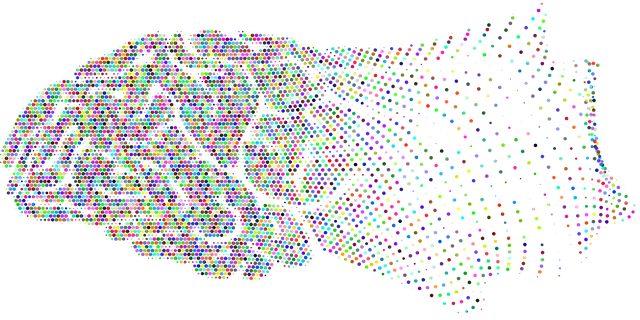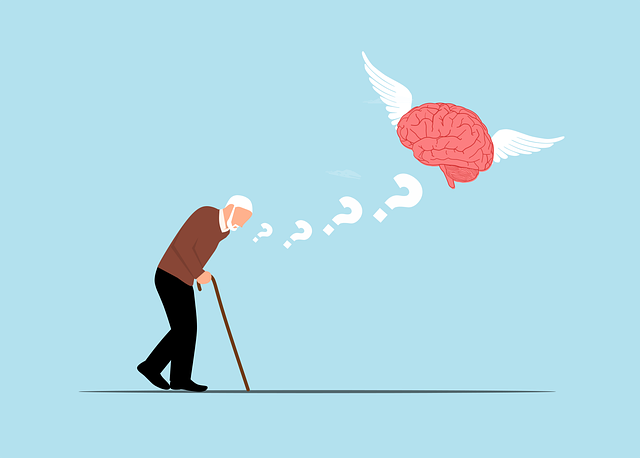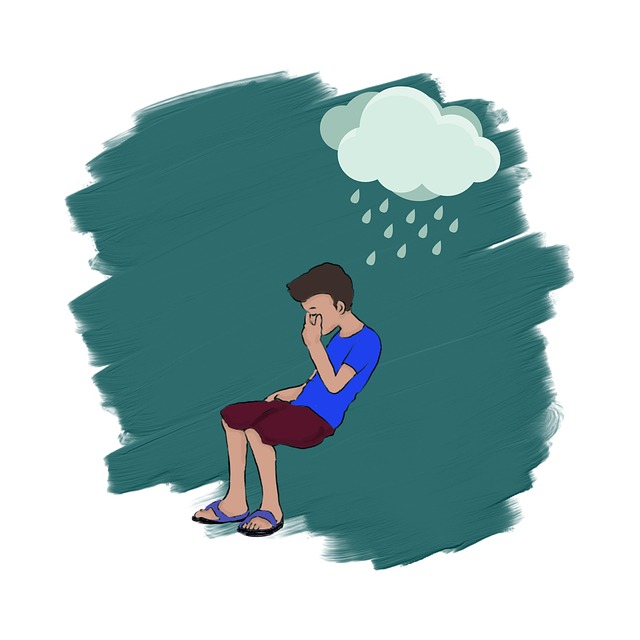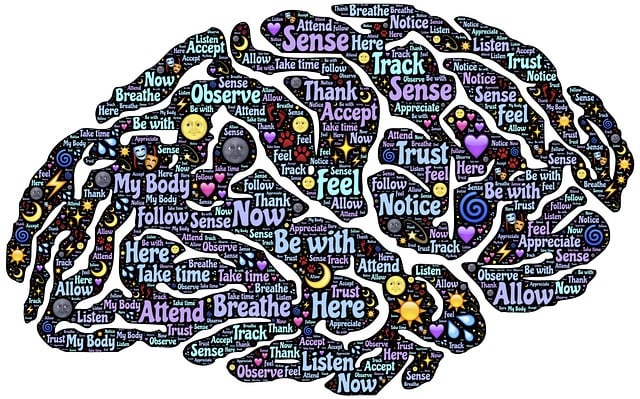Group facilitation in therapy requires a multidisciplinary approach, with therapists creating inclusive environments that encourage open communication and mutual support. Key strategies include setting clear objectives, employing dynamic self-esteem improvement techniques, integrating cultural competency training, and providing crisis intervention guidance. Ground rules, active listening, empathy, and non-verbal cues validate emotions and foster trust. For therapists facilitating other therapists, cultural competency training is crucial for supporting diverse perspectives. Clear ground rules and expectations create a safe, respectful environment essential for effective therapy, reducing stigma, and enhancing social skills through community building.
Mental wellness group facilitation is a powerful tool for therapists and clinicians, offering a supportive environment where individuals can heal and grow. This article explores effective techniques to optimize group dynamics, foster open communication, and enhance mental health outcomes. From setting the stage with safety and clear expectations to employing active listening, storytelling, and mindfulness exercises, we delve into strategies that empower therapists. Additionally, we address challenges, including self-care practices and navigating difficult group behaviors, providing a comprehensive guide for therapists seeking to excel in their practice and support their clients’ journeys towards mental wellness.
- Setting the Stage for Effective Group Facilitation
- – Creating a safe and supportive environment
- – Establishing ground rules and expectations
Setting the Stage for Effective Group Facilitation

Setting the stage for effective group facilitation requires a multidisciplinary approach tailored to diverse participant needs. Therapists-clinicians play a pivotal role in fostering an inclusive environment that encourages open communication and mutual support. Through dynamic strategies, they can enhance self-esteem improvement while ensuring cultural competency training is integrated into the core of their practice.
A well-structured session begins with clear objectives, considering the specific needs of the group. Crisis intervention guidance becomes essential when navigating sensitive topics or managing high-risk individuals. By establishing ground rules, promoting active listening, and facilitating respectful dialogue, therapists create a safe space conducive to healing and growth. This foundation is crucial for building trust among members, fostering meaningful connections, and enabling participants to benefit fully from the therapeutic group experience.
– Creating a safe and supportive environment

Creating a safe and supportive environment is paramount for effective mental wellness group facilitation. This involves fostering an atmosphere where participants feel comfortable sharing their experiences and emotions without fear of judgment. Therapists and clinicians can achieve this by establishing clear ground rules, emphasizing confidentiality, and actively listening to each member’s unique perspective. Incorporating techniques like active reflection, empathy, and non-verbal cues helps in validating individuals’ feelings and encouraging open dialogue. A supportive environment not only enhances engagement but also facilitates deeper insights and meaningful connections among group members.
For therapists facilitating therapy for therapists or clinicians, understanding cultural competency is crucial. Promoting mental health awareness through tailored self-care routine development can significantly impact the well-being of these professionals. Healthcare provider cultural competency training equips facilitators with the skills to address diverse perspectives within the group, ensuring everyone feels seen and heard. This inclusive approach not only strengthens the therapeutic bond but also prepares therapists to effectively support a wide range of clients in their practice.
– Establishing ground rules and expectations

Establishing clear ground rules and setting expectations is a fundamental aspect of group facilitation, especially in a therapeutic setting for therapists and clinicians. This process forms the foundation for a safe, respectful, and productive environment, which is crucial for effective therapy sessions. By engaging participants in defining their own boundaries, individuals feel empowered and more likely to engage openly. Facilitators should encourage discussion on topics like confidentiality, active listening, respect for diverse perspectives, and responsible sharing of personal experiences.
These ground rules not only foster a sense of community but also serve as a self-care routine development tool for both the facilitator and group members, promoting better mental health. It helps to reduce the stigma associated with mental illness by creating a non-judgmental space where individuals feel comfortable discussing their challenges and celebrating their strengths. The process can be integrated into social skills training, enabling participants to learn and practice healthy communication and interaction strategies.
Group facilitation plays a pivotal role in enhancing mental wellness, offering Therapists-Clinicians a powerful tool to support individuals. By creating safe spaces and establishing clear guidelines, facilitators can encourage open dialogue and foster meaningful connections. These techniques are invaluable for therapists, enabling them to guide groups effectively and provide tailored therapy while ensuring a supportive and structured environment. Implementing these practices can revolutionize group therapy sessions, making them accessible and beneficial for all participants.














